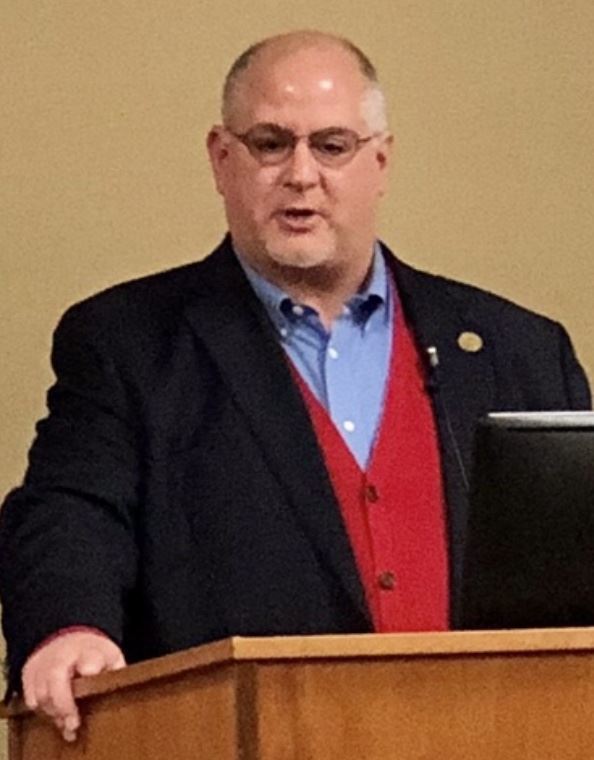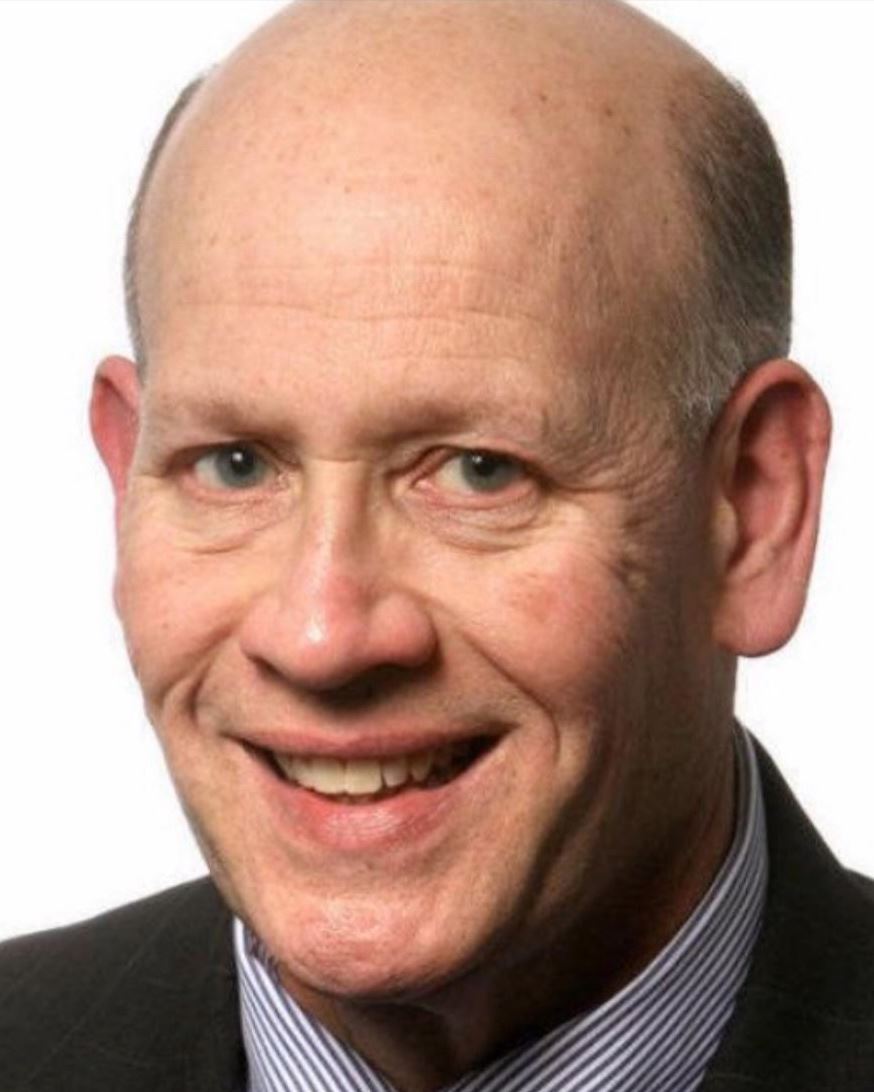|
Ethical Leadership and the American Democracy
The Challenge
Our republic was built on the core principles of democracy and the rule of law. But today, many are asking a difficult question: Are we losing touch with those founding ideals?
Across the nation, Americans are growing further apart. Research from Pew and Gallup shows widening political divides—and it’s not just politics. Trust in our institutions is falling: media, business, healthcare, education, and even government itself. Confidence in the judgment of our fellow citizens is declining, too.
It’s a troubling trend. Our democracy feels fragile.
The causes are complex, but one thing is clear: rebuilding trust and unity won’t happen without strong, ethical leadership—especially from our elected officials.
It won’t be easy, and it won’t happen overnight. But every long journey begins with a single, deliberate step.
We believe that step starts here—with supporting and encouraging leaders who live by four essential principles.
Four Key Principles of Ethical Leadership
We’re a nonprofit, nonpartisan organization committed to promoting ethical leadership in public office.
And when we say ethical leaders, we mean those who:
- Speak the truth—even when it’s hard.
- Are transparent with the public’s business.
- Work to unite people rather than divide them.
- Represent everyone—not just those who voted for them.
These principles aren’t radical—they’re reasonable. We expect them from leaders in business, healthcare, and education. So why not from those we entrust with our democracy?
Your Role
Ethical leadership doesn’t just happen. It starts with us—with our voices, our actions, and our votes.
So take a moment to look around your community and ask yourself:
Who are the leaders bringing people together?
Who’s telling the truth, being transparent, and putting people before politics?
Support them. Volunteer. Speak up. Vote with your values.
Because a stronger democracy begins with ethical leadership—and ethical leadership begins with you
Ethical leaders are truthfulThis is something simple, but really important: truthfulness in our elected leaders.Now, we know—sometimes it feels like putting “truthfulness” and “elected leaders” in the same sentence is a contradiction. And honestly, that’s kind of the problem. Too many people have lost trust in the folks we elect to represent us. But here's the thing—truthfulness is not optional. Every successful business, school, or hospital depends on it. Why should government be any different? Think about what often happens when a politician gets a tough question. Instead of answering, they ’ll point the finger at their opponent. Suddenly, we’re no longer focused on their record—we’re distracted. And that’s the whole point. They don ’t even have to prove anything. The distraction alone gets the job done. We get it—it ’s not easy to be truthful in today ’s political environment. Sometimes the biggest opposition comes from inside a leader’s own party, especially if there’s a primary challenger waiting in the wings. In the short run, it may feel safer to avoid the truth. But in the long run? Truthfulness actually builds respect. Voters notice. Colleagues notice. And respect is what gives leaders real influence. So yes, truthfulness takes courage. But it’s also one of the most powerful tools an elected leader can have—if they’re willing to use it. | Ethical leaders embrace the importance of transparency with public informationLet’s talk about transparency. In the fast-changing world we live in, it can be tough to know who to trust. And yet, trust is essential—our government can’t function effectively without it. That’s why transparency matters. But let’s be honest—sharing public information isn’t always easy.Here’s the thing: just as it’s a mistake for a leader to grab credit they don’t deserve when the news is good, it’s just as damaging to withhold information when the news isn’t so good. When leaders keep people in the dark, it erodes trust. And ironically, it’s often in those tough moments—in times of crisis—that leaders have the greatest opportunity to build trust by being open and transparent. Now, we know there are times when leaders can’t share everything, like matters of national security. But even then, honesty is the best approach. Saying, “I can’t disclose that information right now” is far better than trying to dodge the question or mislead people. At the end of the day, transparency and trust go hand in hand. And trust isn’t given—it’s earned, over time. Ethical leaders know this. And they embrace it. |
Ethical leaders embrace practices that are unifying, rather than dividingSomething really important in American politics is the need to support ethical leaders who unite us, instead of divide us. Now, I know that’s a tall order. There are some very powerful forces pushing the other way. Party loyalty has become one of the biggest drivers of division. Think tanks are out there designing “divide and conquer” strategies. Special interests are pouring money into them. And social media? It’s made everything more fragmented and more heated. But honestly, one of the biggest problems comes from the leaders themselves. Too often, they resort to name-calling when someone disagrees with them. That kind of behavior doesn’t solve problems—it just makes the divide even deeper. And here’s the truth: the biggest challenges we face as a nation can’t be solved if we’re splintered. It’s like asking a team to play with half the playbook missing—you just can’t win that way. That’s why ethical leaders matter so much. They see what’s happening, and they’re willing to stand up to it. They understand that putting the country first is more important than putting a party first. And that’s where we come in—as voters. We need to notice those leaders, encourage them, and support them. Because they’re the ones who can help bring us together, and that’s the only way we move forward. | Ethical leaders are willing to represent the collective interests of their constituencyA vitally important concept in American democracy is representation.At its core, our democracy is built on a simple principle: elected leaders are chosen by the majority of those who vote. But that also means, in almost every election, there are people in the minority who end up being represented by someone they didn’t vote for. And let’s not forget—there are also many people, like children, who can’t vote at all. They’re still part of the community. They’re still constituents. And they still deserve fair representation. It’s interesting—the U.S. Constitution never even mentions political parties. But it is very clear about representation. Leaders who hold executive positions should be serving the whole, not just a slice of it. And those in representative roles should show empathy—really understanding and responding to the needs of all their constituents, not only the ones who supported them at the ballot box. That’s why it matters who we, as voters, choose to support. We should back leaders who understand what true representation means—and who are willing to stand up to the political pressures that try to divide us. Because in the end, democracy works best when representation truly includes everyone. |
Statement of Purpose
LeaderEthics, founded in March of 2018, is a nonprofit/nonpartisan organization committed to promoting ethical leadership among elected officials. We believe ethical leaders are: truthful, transparent with public information, unifiers, and committed to represent their entire constituency.
Our primary purpose is to raise the expectations of elected officials and citizens regarding the importance of ethical leadership, by hosting speaker events on topics related to ethical leadership, and by promoting the monthly issue of The Ethics Report.
Our People
Executive Board
| Lee Rasch
Lee is the Executive Director of LeaderEthics-Wisconsin since March 2018. He served as President of Western Technical College from 1989 to 2017. Throughout his career, he has actively promoted leadership development, continuous improvement, economic development and sustainability at the national, statewide and local levels. He has written articles and given numerous presentations on these topics. Lee was Chair of the Legislative Committee for the Wisconsin Technical College System for more than 15 years. He was a candidate for the U.S. Congress in 1994 and 1996. |
| John Smalley BoardPresident John Smalley's career in journalism spans 39 years. He retired as Editor of the Wisconsin State Journal in 2020 after nearly 12 years in that role. In 2021-22, he has served as the interim media representative for the Wisconsin Elections Commission. He has long been a champion of engaging people to move the community forward. |
| Rusty Cunningham Past President Rusty Cunningham is the highly respected and accomplished former Publisher at Lee Enterprises and Executive Editor of the La Crosse Tribune. In his distinguished career, he has more than 40 years experience in the newspaper industry, serving as a champion for integrity and community collaboration. |
| Rick Kyte Richard Kyte is the Endowed Professor of the D. B. Reinhart Institute for Ethics in Leadership at Viterbo University in La Crosse, Wisconsin where he teaches a variety of ethics courses dealing with issues in business, leadership, and the environment. He received his undergraduate degree from Hamline University and his Ph.D. in philosophy from The Johns Hopkins University in 1994. Rick writes a regular column for the La Crosse Tribune titled “The Ethical Life.” His latest book, Ethical Business: Cultivating the Good in Organizational Culture, was published by Anselm Academic Press in 2016. He gives numerous presentations on ethics and leadership to organizations all over the country. Rick is a member of the First Presbyterian Church and the Downtown Rotary Club of La Crosse. |
| Joe Heim Joe Heim is an emeritus professor of Political Science and Public Administration at the University of Wisconsin-La Crosse, from 1985 to present. He has been active in a number of state and local organizations, and also an occasional guest political analyst on WKBT-TV, WIZM Radio and Wisconsin Public Radio. Many of his former students went on to successful careers as elected officials or public servants, representing the full political spectrum. |
| Hope Clements Secretary Hope serves as the Director of Community Engagement and Development at the Franciscan Spirituality Center. Her prior position was serving as Director of Corporate Relations, Office of Advancement at Viterbo University. Hope is active in support of numerous community initiatives and volunteer causes. In 2022. she was recognized as the Servant Leader of the Year at Viterbor University. |
| Brent Smith Treasurer Brent is a partner in the Law firm of Johns, Flaherty and Collins. He has served as chair of both the University of Wisconsin Board of Regents, and the Wisconsin Technical College System State Board, serving both boards with distinction. He has served on numerous local boards and committees, notably the board for the La Crosse Center. he was a past chair for the La Crosse County Democratic Party. |
| Mike Huebsch Mike is President of the Wisconsin Water Alliance since 2020. Prior to this role, he served as a Commissioner of the Public Service Commission of Wisconsin. Mike had a distinguished 20 year career of service with the State of Wisconsin. He was elected to the Assembly in January 1995. He became Speaker of the Assembly and Majority Leader before accepting the position of Secretary of the Department of Administration under Governor Scott Walker. |
| Judy Nagel Judy retired from her position as a Financial Advisor at Wells Fargo. She serves on the Wisconsin statewide committee for American Promise, focusing on campaignn finance reform. She is active with the Green Bay Rotary Club, Vision Greater Green Bay and numerous other statewide and local organizations |
| Catherine Kolkmeier Catherine serves as the Executive Director at the La Crosse Medical Health Science Consortium...a unique collaboration betrween three higher education institutions and two healthcare providers. She is actively involved with the La Crosse area League of Women Voters and the Rotary Club of La Crosse. |
| Jeff Thompson Jeff served as CEO of Gundersern Health System for 14 years, supervising a staff of more than 7000 employees. He is responsible for ground-breaking work in promoting environmental sustainability in healthcare and is recognized world-wide for his leadership in this field. He is a sought after speaker and author of the book, Lead True: Live Your Values, Build Your people, Inspire Your Community. |
| Tom Houlihan Tom served as Director of Information Systems for the global company, Gensler. In that role, he was involved in a number of high profile projects in various locations around the world. He retired from that position, but remains very active in various community development projects. he is a strong advocate for ethical leadership. |
Judges Panel
| Tom Lister Tom Lister served as judge on the Jackson County Circuit Court for sic years, retiring in 2014. During his tenure, He was instrumental in helping form the treatment courts for the county and Ho Chunk Nation. He also was instrumental in establishing the Welding Institute, where some treatment court participants are taught welding to support employment and industry demand. |
| David Peterson David Peterson is retired Minnesota District Court Judge having served the state for 23 years as a full time Judge and two years as a Senior Judge. Peterson received a Bachelor of Science degree from Saint John's University and a J.D. degree from the University of Minnesota. Prior to joining the Bench Peterson practiced private law as well as serving as an Assistant County and eventually County Attorney for several years in Marshall Minnesota. |
| Dale Pasell Dale served as a judge for the La Crosse County Circuit Court, Branch 5, in La Crosse County, Wisconsin from 1999 to 2014. He received his undergraduate degree from the University of Wisconsin-Madison in 1975, and his J.D.degree from the University of Wisconsin Law School in 1978. He served as a public defender for the Wisconsin State Public Defender's Office from 1979 to 1999. In 2014, Dale was selected as Judge of the Year for the Wisconsin Chapter of the American Board of Trial Advocates. |
Program Officers
| Sam Scinta Sam Scinta serves as CEO of the La Crosse Area Chamber of Commerce. In 2015, Sam founded IM Education, Inc., a nonprofit focusing on education programming. He is a lecturer in the Servant Leadership Program at Viterbo University and the Political Science Department at the University of Wisconsin–La Crosse. In 2021, in partnership with Viterbo University’s Reinhart Institute for Ethics in Leadership, Sam created Rebuilding American Civics, a program designed to provide civics education and discussion for community members. He currently serves on several boards in the Western Wisconsin region. |  | John Smalley John Smalley's career in journalism spans 39 years. He retired as Editor of the Wisconsin State Journal in 2020 after nearly 12 years in that role. In 2021-22, he has served as the interim media representative for the Wisconsin Elections Commission. He has long been a champion of engaging people to move the community forward. |
| Rusty Cunningham Rusty Cunningham is the highly respected and accomplished former Publisher at Lee Enterprises and Executive Editor of the La Crosse Tribune. In his distinguished career, he has more than 40 years experience in the newspaper industry, serving as a champion for integrity and community collaboration. |
| Michael Durnin Michael is consultant, speaker and seminar leader, Via Crucis Leadership. He was the former Dean of Student Formation at the University of Dubuque, actively involved in staff development and interpersonal skills development. |
Chapters
Chapters in La Crosse & Madison
Want to see a chapter near you?
Starting Your Own Chapter
LeaderEthics-Wisconsin members may decide to form a chapter. A minimum of ten members is required. These members may already be listed in another local chapter, or be listed as members-at-large. Typically, a new chapter is formed within a community or region, though it may be established at the statewide level.
Member of the proposed new chapter must submit an application letter to leaderethicswi@gmail.com, addressed to the LeaderEthics-Wisconsin board containing the following information:
- The name of the proposed chapter;
- The community or region represented by the chapter;
- A list of the names of the initial members in the chapter;
- The names of the Chapter Officers: Chair, Vice-Chair and Secretary/Treasurer.
- A written plan, describing how the chapter intends to meet the stated Chapter Purpose and Responsibilities; and
- Signatures of the Chapter Officers.
Once the application is approved, the new Chapter should invite a representative of LeaderEthics-Wisconsin to meet with the officers and address the initial meeting.
Chapter Organization
- The local chapter should designate three officers.
- Chapter Chair – The Chapter Chair serves as the official representative of the chapter and is responsible for chairing Community Development and Candidate Development meetings. The Chapter President will be responsible for convening Chapter meetings, as well as planning/organization meetings, if needed.
- Chapter Vice-Chair – The Chapter Vice-Chair serves as the alternate senior representative for the chapter and is responsible for organizing the annual program for Community Development and Candidate Development activities. This includes securing speakers and presenters for these activities.
- Secretary/Treasurer – The Secretary/Treasurer will be responsible for maintaining financial records for the chapter and for external correspondence.
- Chapter Officers may organize the chapter to utilize additional members in chapter leadership roles.
Development
CandidateA key focus of the local chapter is the development of candidates who actively support ethical leadership practices as a cornerstone to their candidacy. Next generation leaders are likely to be developed at the local level. The candidate for school board or city council may someday seek elected office at the set level. The chapter should provide information and technical support in candidate development on an ethical leadership platform. While chapters should develop a plan for Candidate Development at the local level, LeaderEthics-Wisconsin will provide assistance. The plan should include: a) a program to encourage new candidates to embrace LeaderEthics Principles, b) a format for dialog with experienced individuals, and c) the use of practical campaign tools (such as grassroots campaign development). | CommunityLocal chapters should develop a plan for expanding community awareness. This plan should include developing programs with keynote speakers to discuss ethical leadership in practice. These speaker events may be virtual or face-to-face. They are an opportunity to invite guest attendees in order to expand awareness of LeaderEthics-Wisconsin. Furthermore, local chapters may embrace plans to engage with local editorial boards, the social media, and the community at-large. Local Chapters may opt to develop a local performance grading survey for local officials. Chapters are encouraged to explore developing a Community information Coalition (CIC)...a collaborative effort between local media and community organizations. The CIC will develop virtual events designed to counter disinformation and misinformation within the local community. |

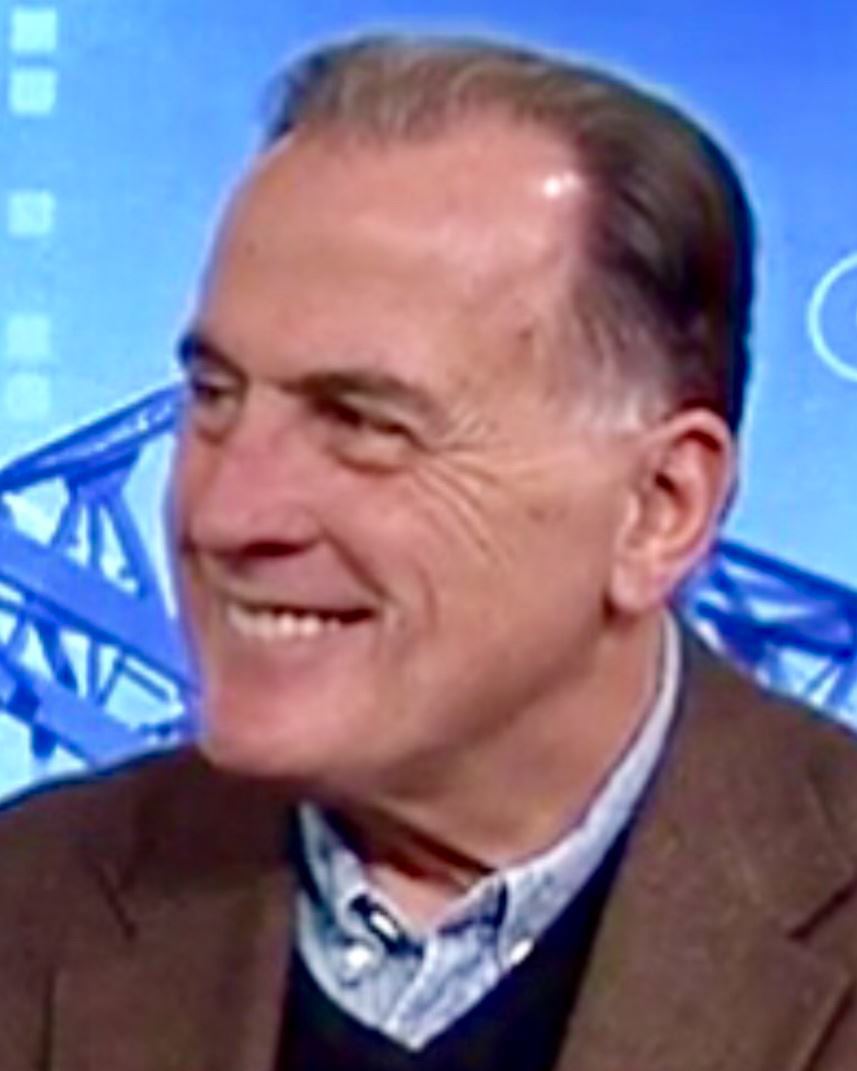



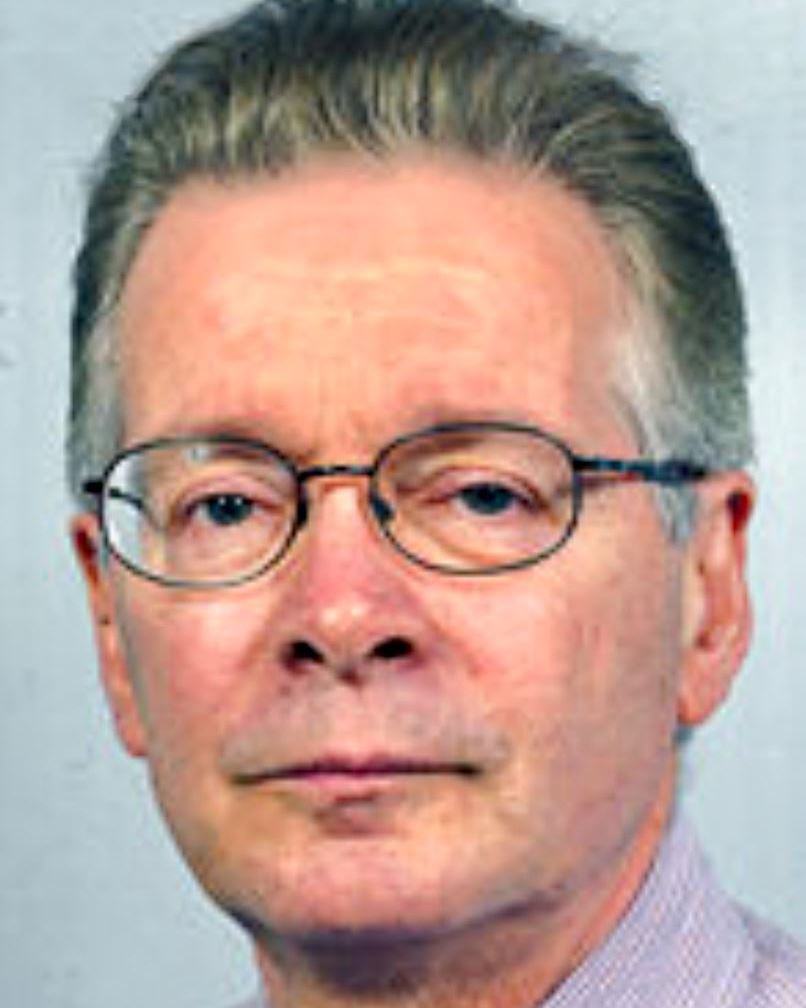

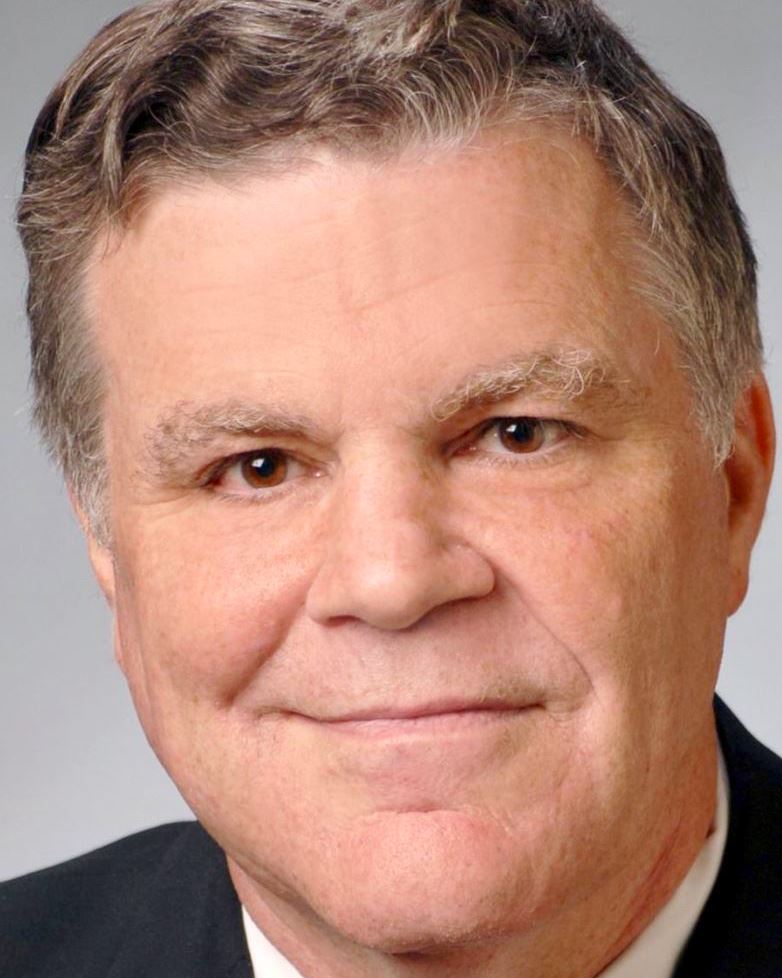
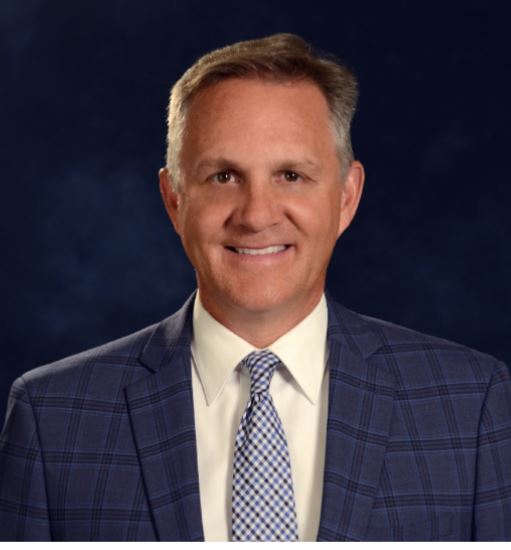

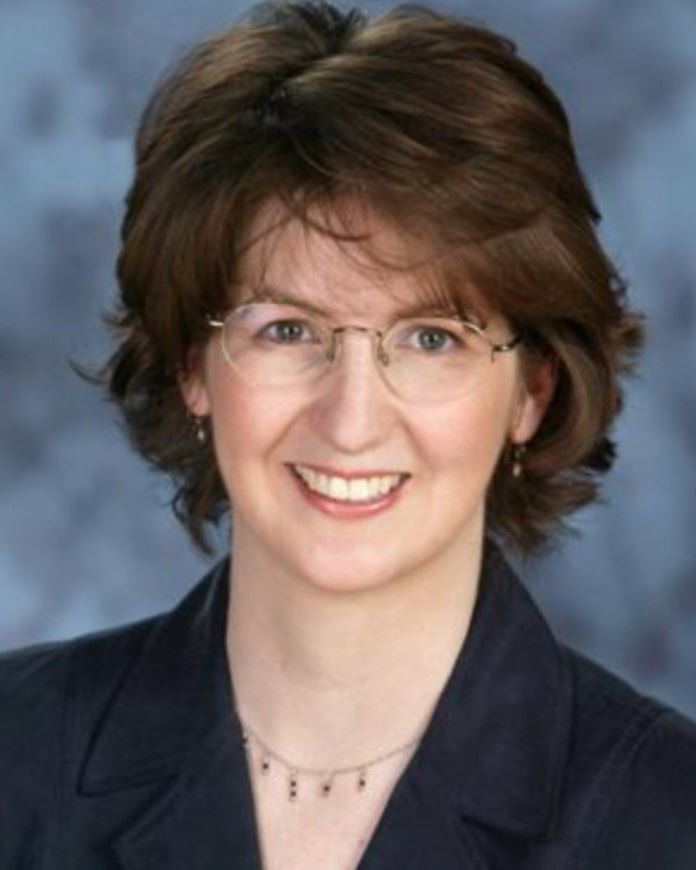
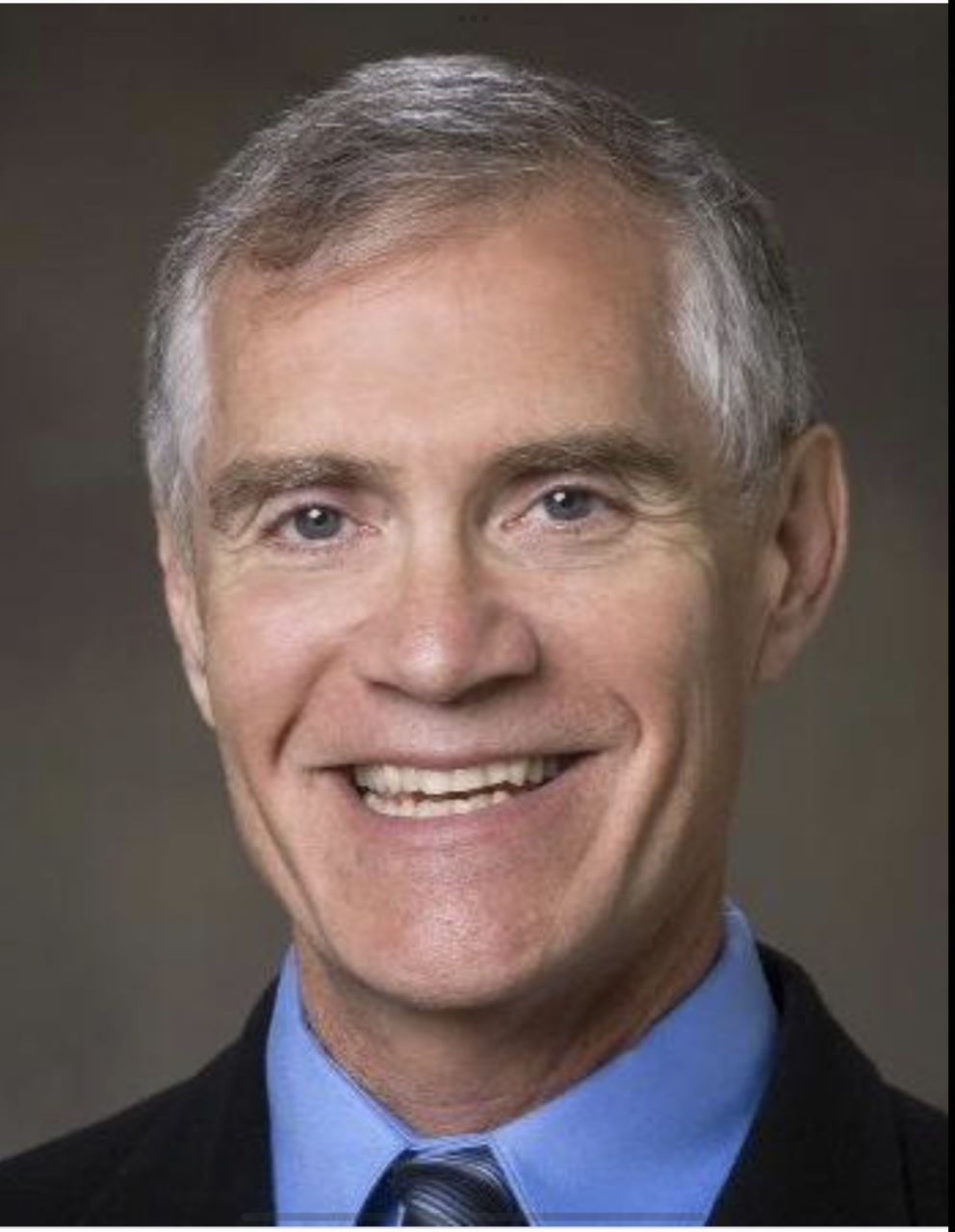

.jpg)
.jpg)
.jpg)
